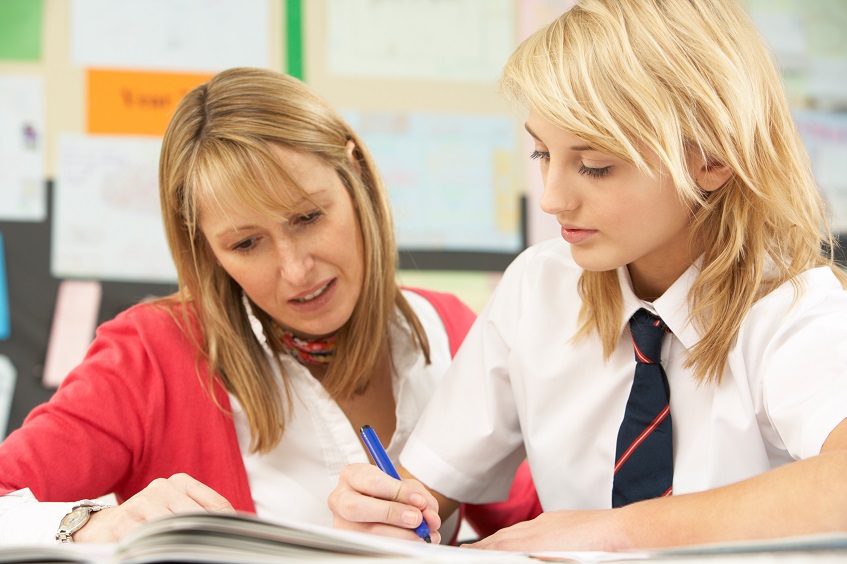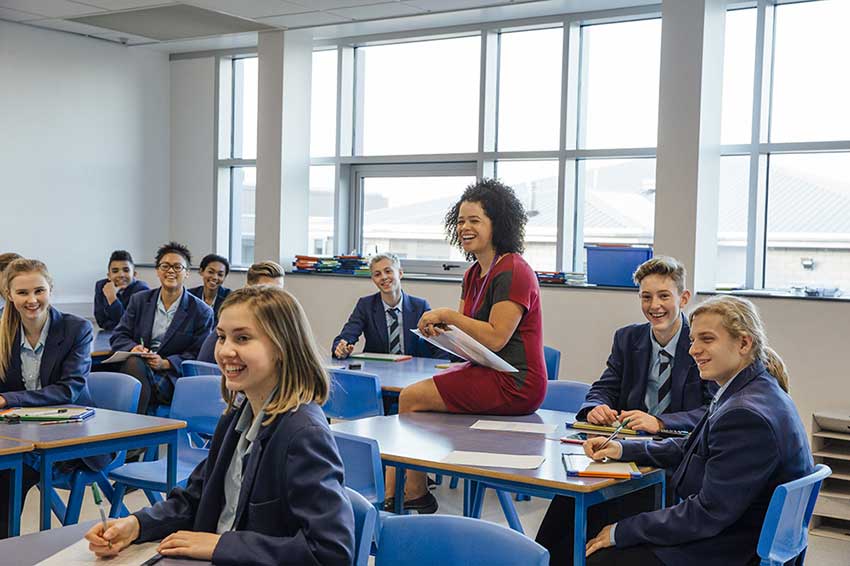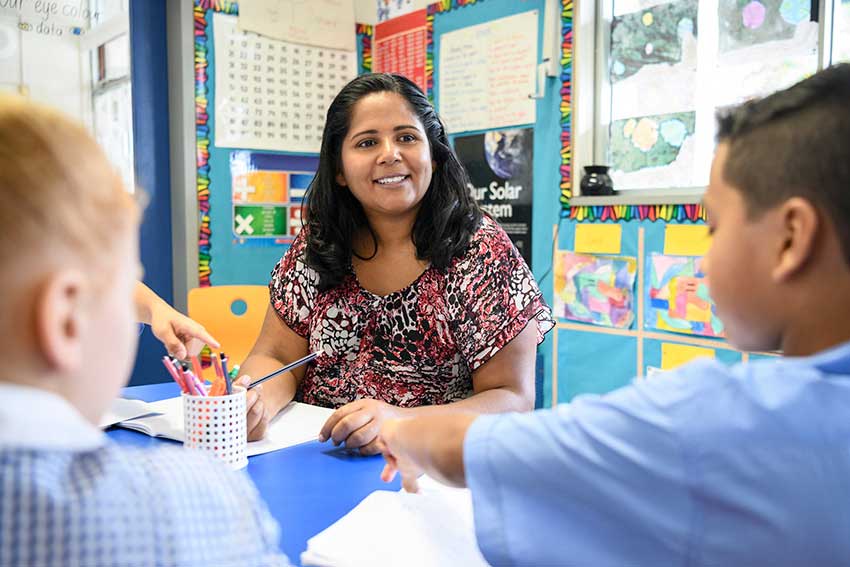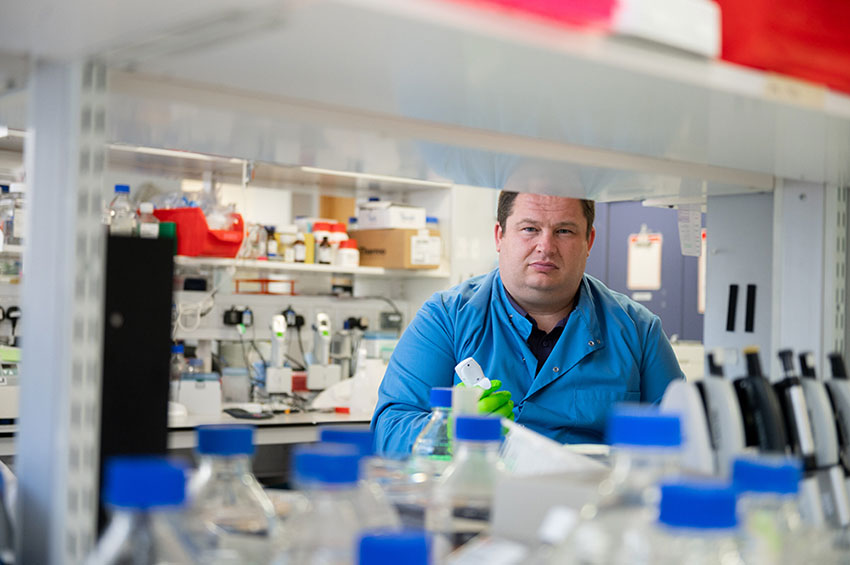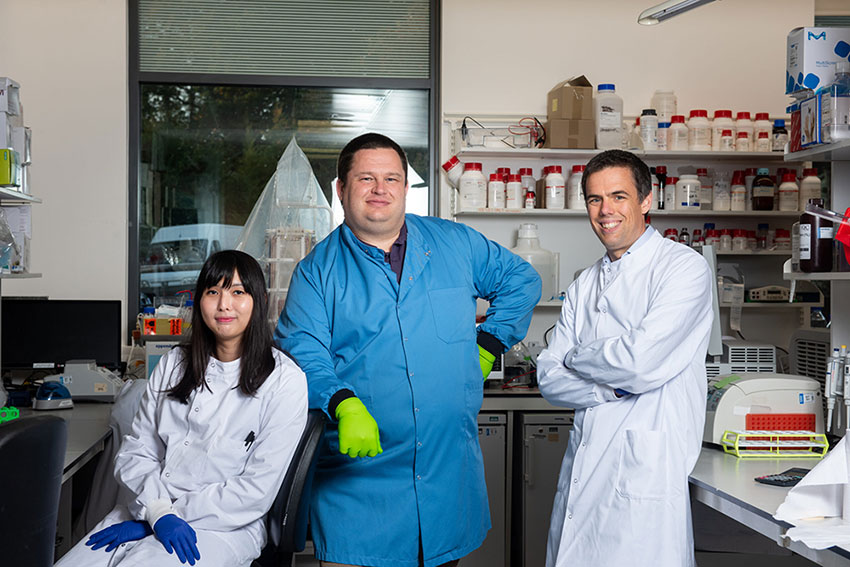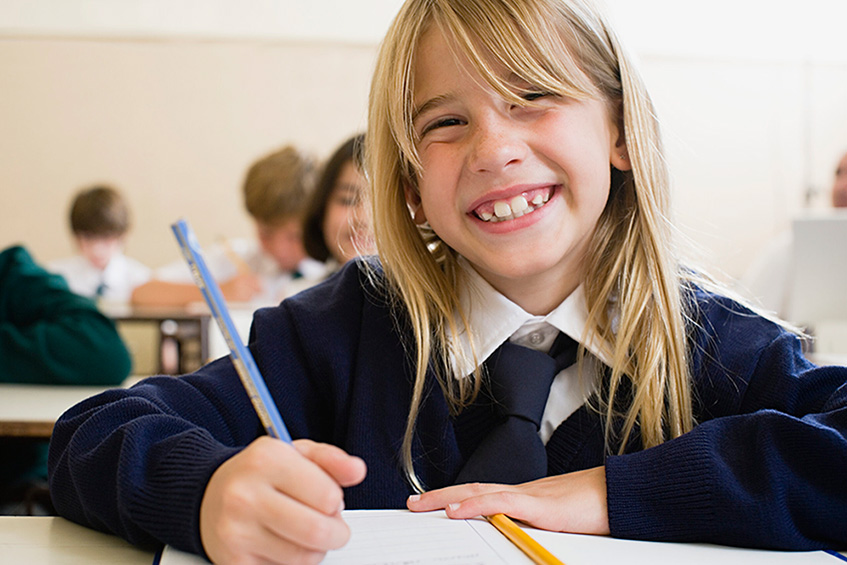In a school filled with hundreds of students, each with different skill levels, learning styles and personalities, how do you ensure your teachers are catering to their needs? It’s one of the toughest challenges in education, and it starts with …
On the surface, ICAS is an academic competition that challenges students and recognises their abilities. It tests them across key literacy and STEM subjects and gives them the chance to win rewarding medals. Underneath the surface, it’s so much more. …
Every newly-born generation holds the keys to our future, and as teachers, it’s our job to make sure they’re as clever as they can be. We pass on our knowledge of the world through the curriculum, everyday advice, and a …
ICAS is peeping over the horizon again. If you want your child to get the best possible result (dare we say, even win a medal), it can help to have them practise. ICAS questions are different to anything they’ll see …
Measuring student progress is fundamental to schools’ and teachers’ success. Progression tests provide an objective indicator of student progress over time and their insights empower teaching staff to identify learning gaps and tailor students’ learning to achieve educational goals faster. …
Sydney teacher Julie Carrington has long been an advocate of the International Competitions and Assessments for Schools (ICAS) for its novel approach to measuring academic strengths and its ability to uncover potential and untapped talent within the classroom.
When it comes to spotting academic potential, it’s not always obvious from students’ examination results. Julie Carrington, teacher of Senior Chemistry and Junior Science at Sydney Technical High School, calls those who slip through the cracks in standard tests “gifted and talented underachievers.”
Did you know school competitions are more than just a helpful vehicle for teachers to highlight the talent and potential of participating students? The students themselves feel the benefits of academic competitions every bit as much. They’re great motivators, spurring …
Spotting a student’s gift for mathematics early on usually isn’t complicated. Children can be pretty young when they first display mathematical thinking – including recognising numeric patterns or showing interest in quantitative information in the world around them. “Perhaps it …
Among the most common questions we hear from parents when they sign up their child or children for ICAS is: How can I support them? What can I do to help them prepare? That makes total sense — because the …
